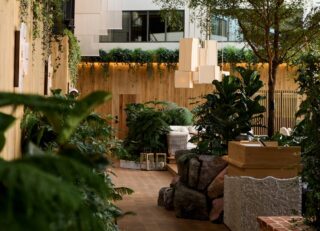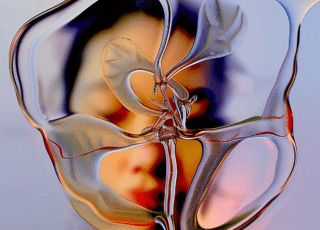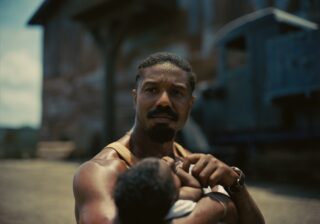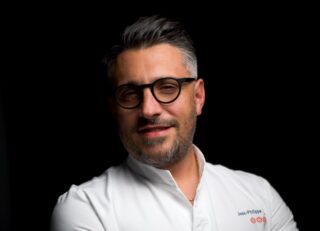This website uses cookies so that we can provide you with the best user experience possible. Cookie information is stored in your browser and performs functions such as recognising you when you return to our website and helping our team to understand which sections of the website you find most interesting and useful.
Rivers of change: becoming a CEO in the middle of a pandemic didn’t quench Natalie Campbell’s entrepreneurial fire or drive for inclusion
By Lysanne Currie | 9 November 2020 | Culture
Diversity and philanthropy are still top of her agenda and can, she says, drive business to better heights
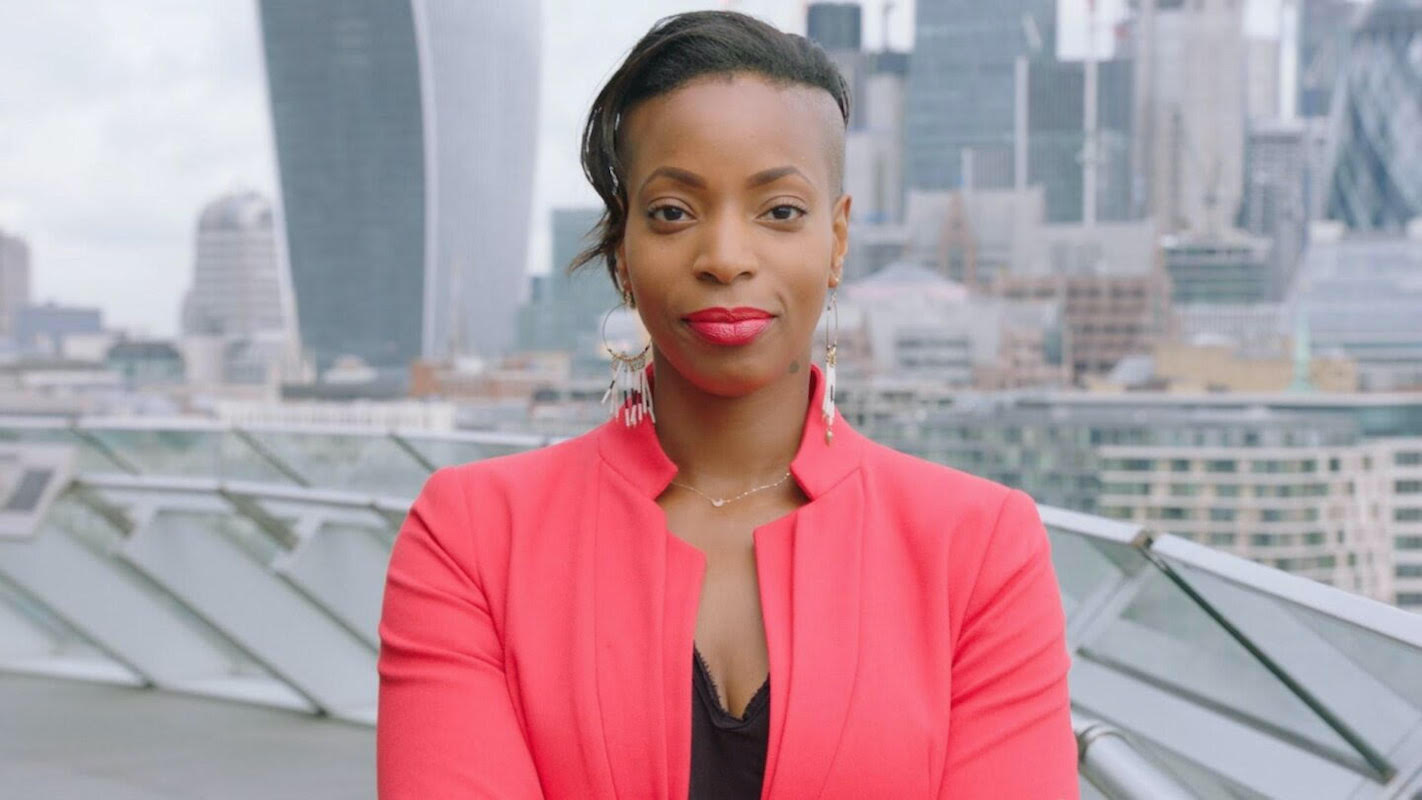
Natalie Campbell became CEO of ethical bottled water company Belu in March 2020. Three weeks later, Britain’s Covid-19 lockdown officially kicked in. As Natalie says, “I was pretty much faced with taking on a business that was very profitable, to then wondering if we’d even make any sales that month.” But Belu, which donates 100% of its profits to WaterAid, and has helped transform around 334,000 lives with clean water, is still here. And so, too, is its CEO: a fighter and true entrepreneurial spirit.
Campbell was just 15 when she decided she wanted to be a CEO. “As a young person, when you make that sort of decision, you do everything you can to work towards it,” she says, adding that young people, generally, are inspiring. “They’ve got the whole world and their futures ahead of them. Although they’re living in challenging times, they are persevering, they are campaigning, they are activists, and they are starting businesses.”
Back then, what she really craved was freedom; the sort of autonomy her favourite hip-hop artists enjoyed. “No one told them what to do. Puff Daddy would be like, ‘I’m the CEO of Bad Boy records,’ and I’d think: ‘Cool, if that’s what a CEO does, I want a bit of that.’ That was the initial spark,” she says. “If you’re crazy enough at 15 to want to be a CEO, and then at 19 start your own business, and at 21 open a retail franchise in your last year at university, you kind of just run through challenges like they don’t exist.”
No obstacle was too large. If anyone told her ‘No’, she’d return with 10 reasons why it was a ‘Yes’. So, by the time she was 20, Campbell had managed to secure a £100k bank loan. Oh, and joined her first board at 23.
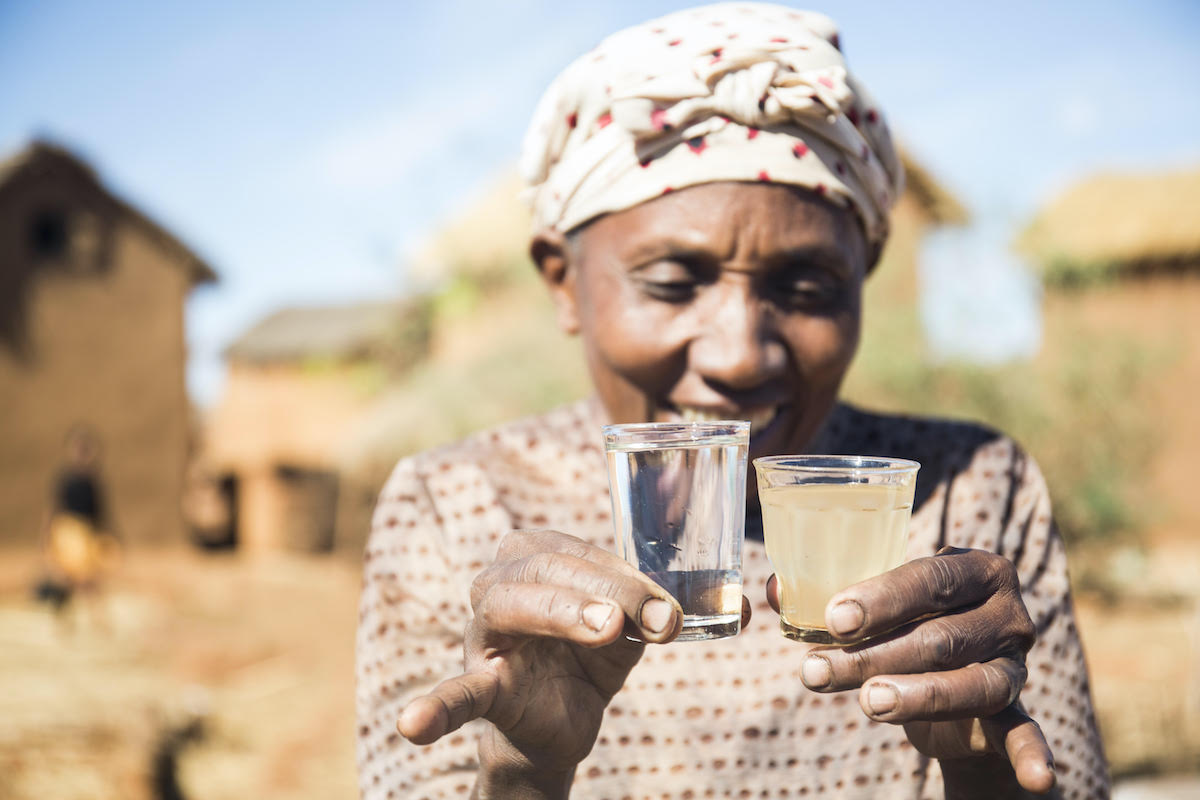
Having decided on her path early on, Campbell maintains that “the life I have now, I feel, is by design. There is a lot of serendipity, but no coincidences.” Becoming a leader during a global pandemic can’t be anybody’s idea of a grand plan – but she’s risen to the challenge. “I said to the team ‘With the whole world slowing down, what we now have is the gift of time’.”
The resulting sense of community, and a shift in thinking about the role of business in society, imbued the project with the sort of optimism and can-do attitude she clearly displayed from the start. Campbell’s first few months were spent considering strategy, reorganising the team internally, and “really getting to grips with our own culture and the way we want to work as a remote team… There are days when it’s fun and I bounce out of bed, and there are others where I think: ‘What the hell am I doing?’ It just depends on any given moment, but that’s the nature of being an entrepreneur: being comfortable with failure has to be part of your DNA.”
Likewise, “thinking about the why, the feeling, and the heart… it’s about doing no harm to the planet or to society, or across the supply chain. It’s not about how present you are, it’s about what you achieve.” Although she freely admits to liking making money (“I don’t have a problem with capitalism”), she does have a problem with greed. “For me, social entrepreneurship is the way businesses should be built, where there is no tension; that there is harmony between making money and doing good; you can do both.”

Business, she thinks, also needs to do more than just pay lip-service to diversity. “I’ve been through life pretty much ignoring any elements of challenge that might come from being a young, working-class black woman, because they’re irrelevant to where I’m going. But, since hitting 30, I’m now comfortable enough to say, ‘Why am I the only black person in the room?’ to whomever is hosting an event or roundtable.
“As with any issue that business struggles to get its head around, you need people to intrinsically understand it, to feel it emotionally, but also understand the practical reasons why [change] is better for their business. I don’t think people automatically understand why diversity is better for their business, but you can see the performance metrics that change when you have a more inclusive organisation.
“I think there are lots of black people that managed to get through their career not talking about it. We’re in a very different place now and it’s a good thing: I’m now waiting to see the actions.”



